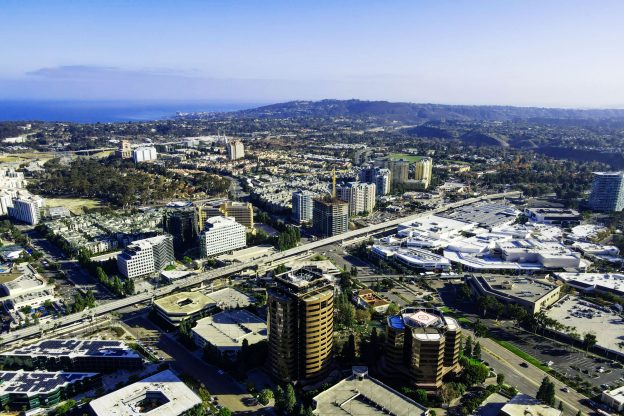Across the nation, many cities are grappling with a shortage of laboratory space, which is crucial for life science companies’ research and development activities. In North Carolina, this issue is particularly acute. Reports indicate that lab space vacancy rates in the Bay Area and San Diego hover around 3 percent, while in Durham, they are similarly low. This scarcity of space poses significant challenges for the life science industry, especially for startups seeking to establish themselves. To gain insights into this issue, we conducted a three-part Q&A series with experts in life science spaces and commercial real estate. The final installment focuses on Durham, featuring insights from Daniel J. Ryan, Co-Chief Investment Officer and Regional Market Director, Durham, at Alexandria Real Estate Equities Inc.
A recent headline claimed that finding lab space in Durham is ‘almost impossible’ right now. What is your opinion on that?
The market is currently experiencing a significant slowdown. With the IPO markets closed and the public biotech stock market index having halved, many companies are unable to raise funds at lower stock prices and are forced to make do with existing resources. Consequently, there’s little movement in the market as companies adopt a wait-and-see approach, hoping to survive the current conditions and potentially raise funds in the coming years if the situation improves.
Demand has decreased, and company growth has stalled. While we still observe some activity among high-quality companies securing funding, the formation of early-stage companies has notably diminished. Public companies, in particular, are conserving resources. The outlook for 2022 suggests minimal activity for the remainder of the year, with a slight possibility of increased activity and availability emerging.
Should we be worried about this?
This pattern is not new and can be considered generally healthy for the market. An overabundance of capital can lead to the funding of suboptimal ideas or teams, which ultimately harms the industry. The current market reset, while painful, is a necessary adjustment of market and capital expectations. As a result, leasing activity is minimal at present.
Alexandria’s leasing efforts, which account for approximately half the market, are focused on completing legacy projects that have been in progress for nine months. The company is currently processing significant leases secured earlier in the year, including a 427,000-square-foot lease with Bristol Myers Squibb, among others. Although busy, the company is primarily managing existing commitments and development projects.
Does the current lab space situation pose the risk that companies will relocate outside of Durham, or even the state?
While Alexandria has faced challenges, we haven’t seen a mass exodus of tenants from the city. Those who do move tend to opt for secondary or tertiary landlords.
Lab space is available, and accommodations can be made. With new developments expected in ’23 and ’24, there is potential for the market to tighten again if demand surges unexpectedly early in ’23. However, the current pause is viewed as beneficial, allowing for a recalibration of excesses in capital investment and development, and providing an opportunity to catch up with entitlements and construction.
The more pressing concern is housing. As the industry grows, the question of how to create sufficient, rational housing becomes increasingly important.
Is there a factor that makes development in Durham uniquely challenging? Are there other parts of the county outside the biotech cluster in Research Triangle Park that are perhaps underutilized and could be considered for lab space?
Research Triangle Park is nearly at capacity, but other areas like Durham’s downtown and peripheral regions have not yet reached their full potential.
Development in Research Triangle Park is limited due to various restrictions, but there is significant potential for growth in other parts of Durham. Alexandria has several promising projects in the pipeline, including substantial developments that will contribute to the city’s lab space offerings.
What advice do you have for an upcoming startup that wants to find lab space in Durham or find their headquarters here?
Alexandria offers a proprietary product, Alexandria GradLabs, designed to meet the needs of startups requiring small, prebuilt, and pre-equipped spaces. While currently full, this exemplifies the type of facility sought after by emerging companies.
Durham provides ample resources for startups, including mentorship and early-stage funding opportunities. Organizations such as Connect and the EDC offer support, reflecting Durham’s robust ecosystem that fosters the growth of startups.












